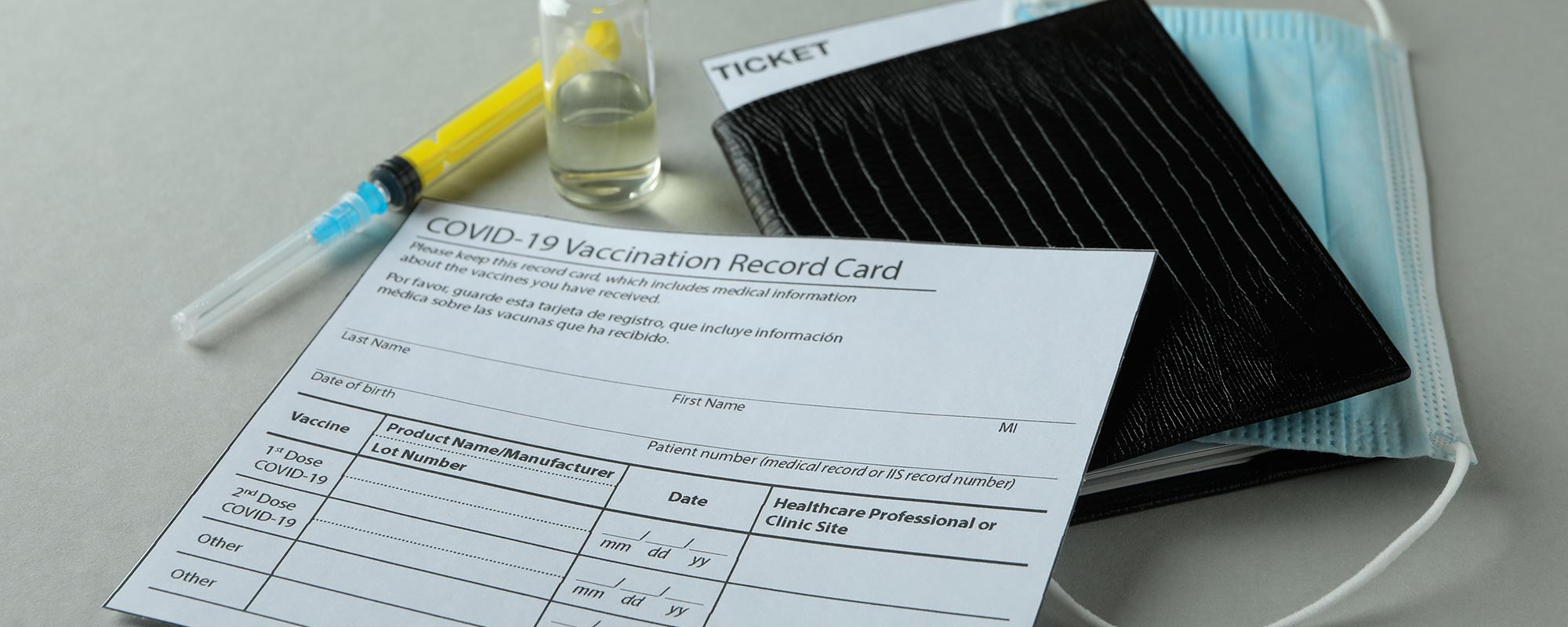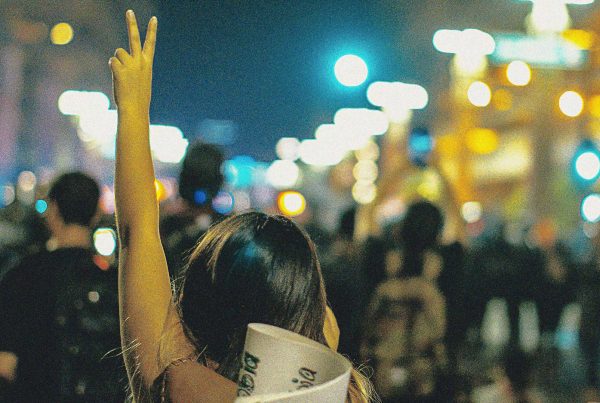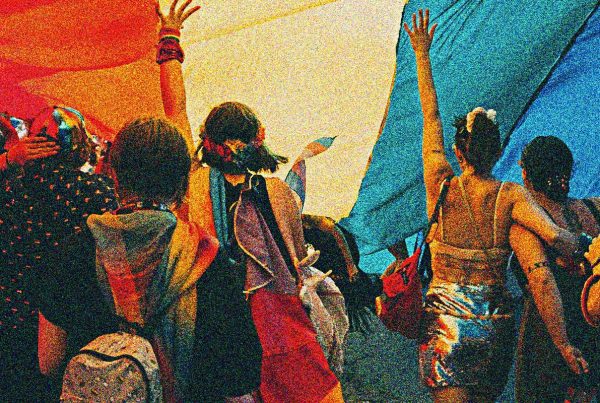December 10, 2020
The Charter of Rights would have something to say about a law mandating vaccinations, if such a law arose after the 1982 patriation of our constitution. It hasn’t. There are laws requiring public school students to be vaccinated, with exceptions made for medical and religious/conscience reasons. However, that’s not the same as mandating inoculation. Nor does it require that kids carry around a document containing their private health information in order to access their classroom.
As of this writing, there is no law proposed by any federal, provincial or territorial government mandating inoculation. So no law, but massive interest in an imaginary law. At CCLA we get a lot of invitations to speculate about a mandatory vaccine law that will probably never come. We take human rights seriously, so usually avoid hypotheticals, and there are enough real violations of civil liberties to keep us busy.
The massive public interest is understandable today. But those in positions of power and authority would be right to resist the temptation to speculate. The rule of law suffers from this confusion. To speculate about an unlikely law sows fear. It makes for great talk radio, but does not advance the truth about vaccines, constitutional law, and Canada. This has not stopped elected and public health officials from musing out loud about the risks of refusing vaccination. However, they do so from the podium, not as Cabinet Minsters with regulation-making powers, or as legislators. This too hurts the rule of law, because Canadians are left wondering whether we are a nation of laws or podiums? (Our Constitution says that Canada is the former).
The latest podium bombshell lacking any lawful authority comes from Ontario’s health Minister, Christine Elliott, saying that vaccines will be voluntary, but there may be restrictions on travel or other activities that could arise as a result of not being vaccinated. Ontario’s Chief Medical Officer of Health said something similar last week. This is wrongheaded speculation about what liberties inoculation might be able to buy you, and what you could be denied if you refuse vaccination. Really, the less said at the podium, the better. Let the law do the talking.
All of this talk is not only premature – it trivializes and downplays a significant rights issue at a time when our freedoms are already being suppressed in ways previously unimaginable. At the moment, what we don’t know about the vaccine could fill a phone book. We don’t know how many people will take a vaccine voluntarily and we don’t know how many of us need to take it to achieve herd immunity. We don’t know how long it will be effective, precisely how it will work, or how much our country or province will get.
There are good reasons to resist the urge to dole out quasi-immunity passports. To begin with, we do not know whether inoculation begets immunization. Even if we make the massive assumption that everyone who wants to be immunized can be immunized, there will also be exceptions for whom a particular vaccine may be against canonical medical advice. Those exceptions ought not be damned for their disability.
The initial stigma of HIV/AIDs was a tragic case study of public shaming and discrimination. We have already seen the damaging stigma that has attached to people who have tested positive for COVID. Those who have questioned some of the public health measures – and those who, for various reasons, are not able to comply – are also facing harsh criticism and marginalization. The small minority of people who cannot wear a mask, for example, have not only been denied services, but also vilified and demonized. In Newfoundland, a province that closed its “borders” to other Canadians, locals who work out of province are being shamed and threatened on social media when they return home; some suggest they should not be allowed to return to their families or that their families should be isolated with them.
The pandemic has highlighted the haves and the have-nots in too many ways. Those most at–risk end up being those most likely to face real challenges in implementing the recommended public health measures. The historically disenfranchised also tend to suffer the consequences of institutional commandments or just plain bullying by the powerful. We should be searching neither for new ways to divide us, nor increased fearmongering. We could instead drill down on how best to achieve public health goals while also respecting personal freedom and choice.
Michael Bryant & Cara Zwibel are lawyers working at the Canadian Civil Liberties Association
About the Canadian Civil Liberties Association
The CCLA is an independent, non-profit organization with supporters from across the country. Founded in 1964, the CCLA is a national human rights organization committed to defending the rights, dignity, safety, and freedoms of all people in Canada.
For the Media
For further comments, please contact us at media@ccla.org.





